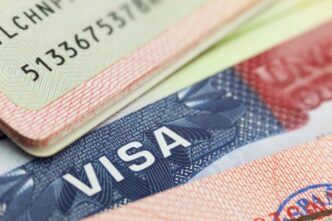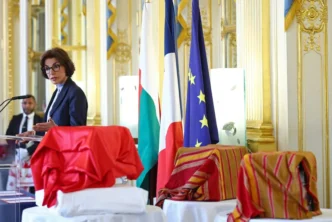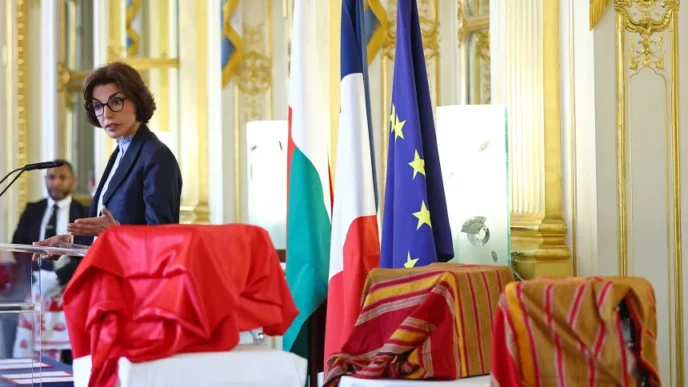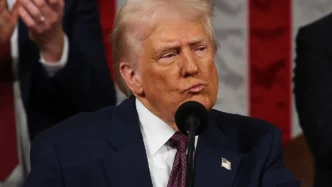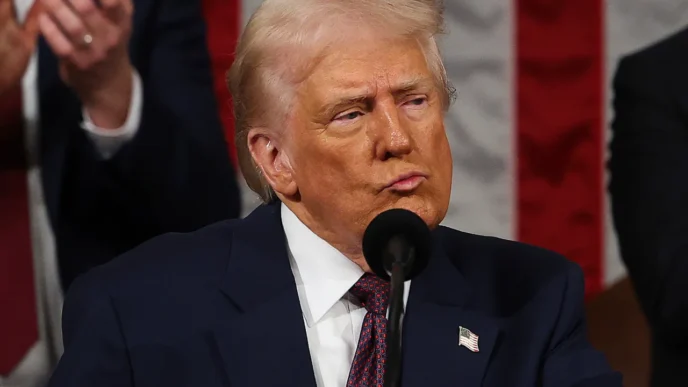The United States Government has announced sweeping changes to the validity period of visas issued to international students and foreign journalists.
According to the Department of Homeland Security (DHS), the proposed rule would limit F visas for international students to a maximum of four years.
This marks a major departure from the current system, where visas usually cover the entire duration of an academic program, often stretching beyond five years for PhD candidates.
For journalists, the policy shift could be even more restrictive.
Their visas would be capped at 240 days, with the option of just one extension for another 240 days.
Furthermore, the length of a journalist’s visa would not exceed the duration of their assignment, forcing frequent renewals.
The DHS explained that any extension requests must go through the U.S. Citizenship and Immigration Services (USCIS), adding extra security checks and administrative steps for applicants.
Previously, journalists from countries such as Germany could hold visas valid for up to five years without such limitations.

“For too long, past administrations have allowed foreign students and other visa holders to remain in the U.S. virtually indefinitely,” DHS said in its statement.
“This practice poses security risks and financial burdens, and may disadvantage U.S. citizens.”
The government defended the changes, stating that the measure is designed to strengthen oversight and curb visa abuse.
However, the proposal has already sparked backlash across the education sector, raising questions about its long-term impact on the country’s global image.
Miriam Feldblum, president and CEO of the Presidents’ Alliance on Higher Education and Immigration, strongly criticised the plan.
“The rule would force international students and scholars to regularly submit additional applications, disrupting their studies and straining university operations,” she warned.
She further cautioned that the uncertainty around visa renewals could discourage bright international minds from pursuing opportunities in the U.S.
“This policy risks creating unnecessary barriers for education and research,” Feldblum added.
Moreover, universities rely heavily on foreign students, not only for tuition revenue but also for their contributions to research and innovation.
Meanwhile, global press organisations have expressed concern that the shorter visa period for journalists may hinder media coverage of critical issues in the U.S.
This could affect press freedom by discouraging international reporters from seeking long-term assignments in the country.
